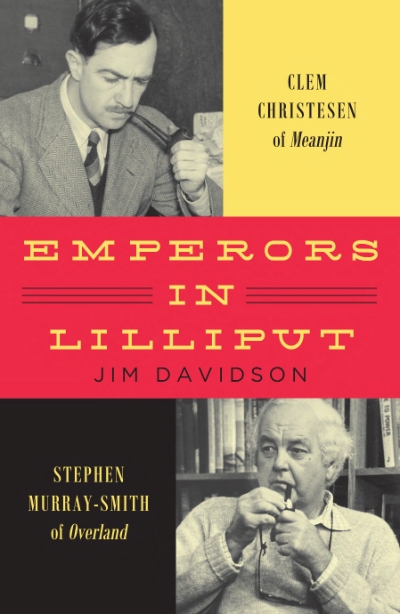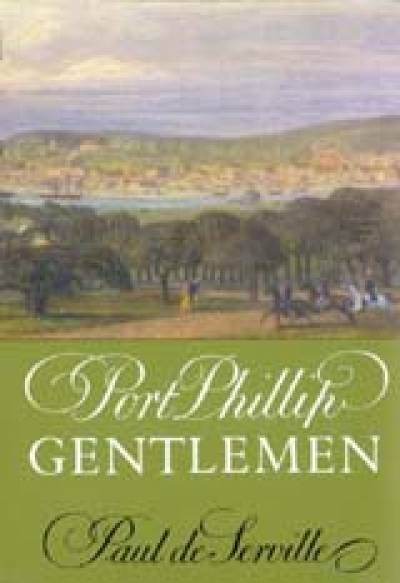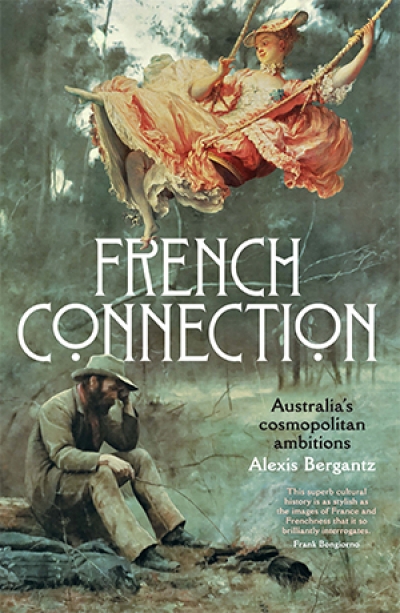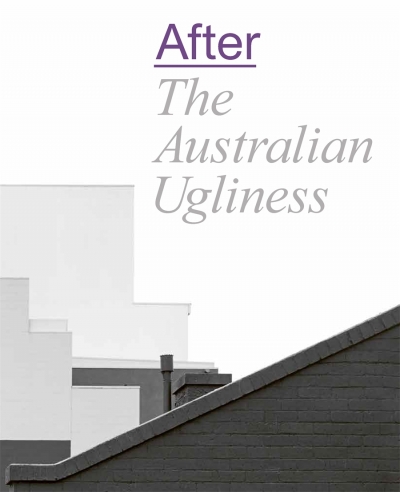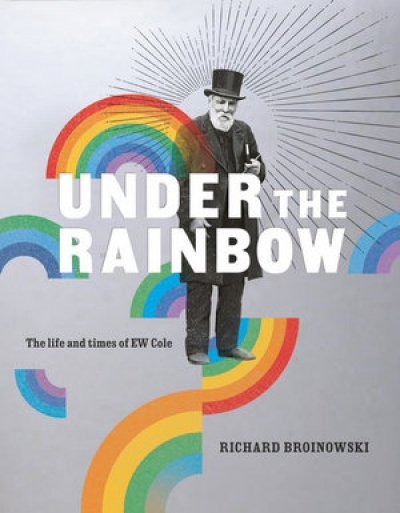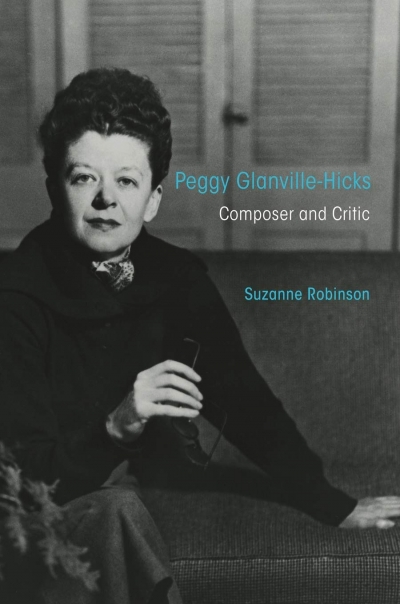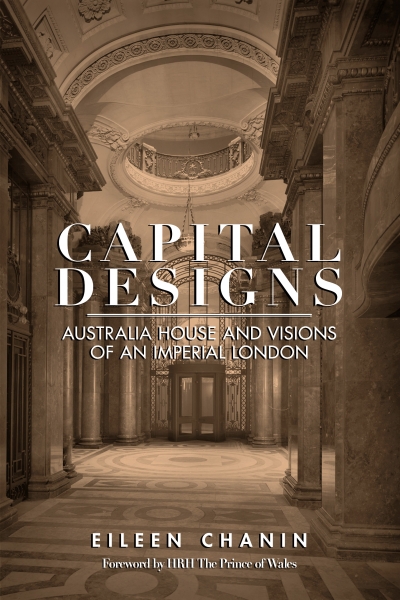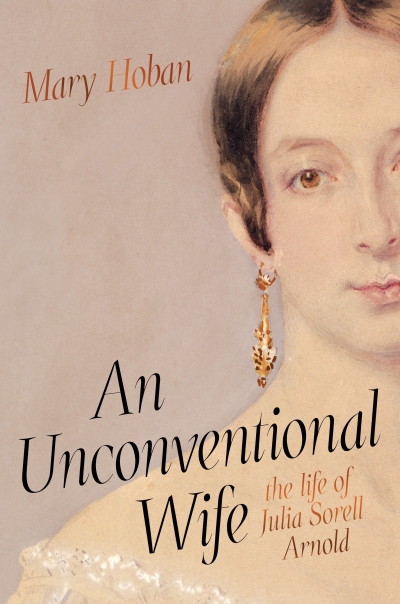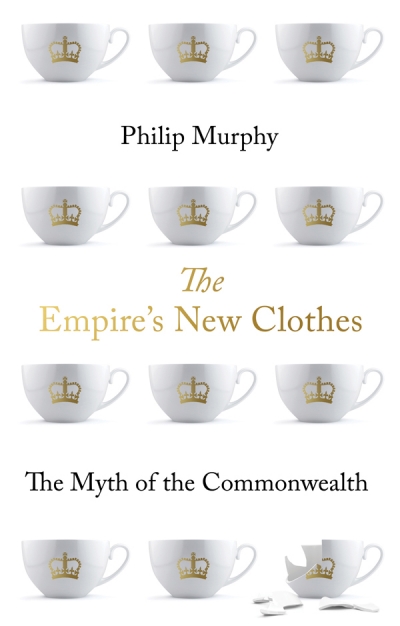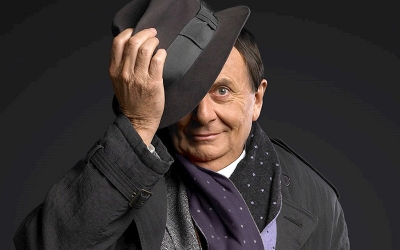Jim Davidson
Emperors in Lilliput: Clem Christesen of Meanjin and Stephen Murray-Smith of Overland by Jim Davidson
by Graeme Davison •
Port Phillip Gentlemen: Good society in Melbourne before the gold rushes by Paul de Serville
by Jim Davidson •
French Connection: Australia’s cosmopolitan ambitions by Alexis Bergantz
by Jim Davidson •
After The Australian Ugliness edited by Naomi Stead, Tom Lee, Ewan McEoin, and Megan Patty
by Jim Davidson •
Under the Rainbow: The life and times of E.W. Cole by Richard Broinowski
by Jim Davidson •
Peggy Glanville-Hicks: Composer and critic by Suzanne Robinson
by Jim Davidson •
Capital Designs: Australia House and visions of an imperial London by Eileen Chanin
by Jim Davidson •
An Unconventional Wife: The life of Julia Sorell Arnold by Mary Hoban
by Jim Davidson •
The Empire’s New Clothes: The myth of the Commonwealth by Philip Murphy
by Jim Davidson •
‘I invented a character called Barry Humphries,’ the program promised. Beyond his characters, he said, the real man had always lurked behind a mask in various interviews. ‘Tonight you’ll see me.’ And there he was, in mauve jacket and polka dot tie, his features sharp, the voice crisper than ever ...
... (read more)
